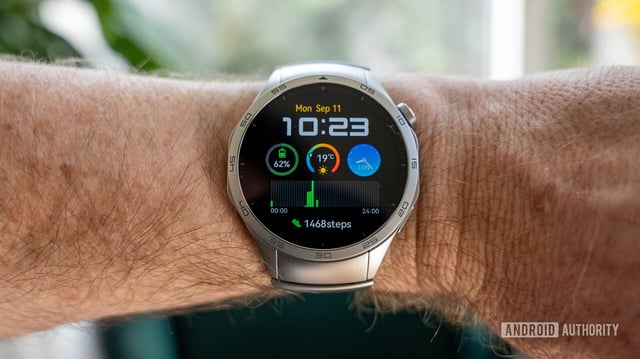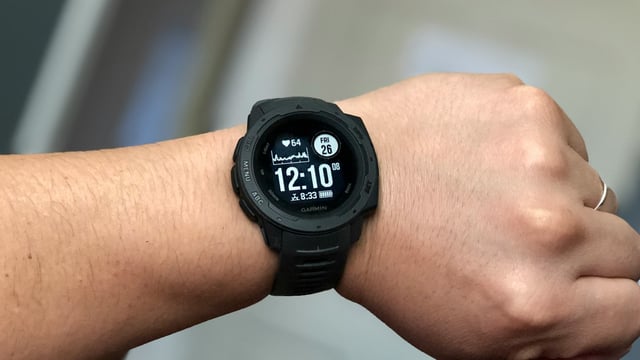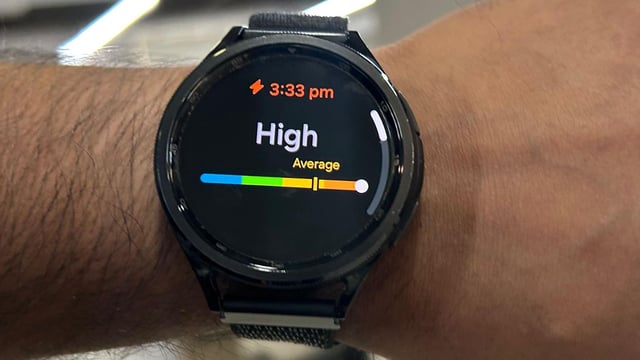Overview
- Researchers tracked 800 young adults for three months using Garmin Vivosmart 4 devices and collected self-reported stress, fatigue and sleepiness scores four times a day to compare with sensor data.
- Not a single participant’s smartwatch stress reading matched their self-reported feelings, and about one in four received opposite stress indications from their device.
- The team attributed poor stress validity to heart-rate-based algorithms’ inability to distinguish emotional states from physical exertion or excitement.
- Garmin’s “body battery” metric showed a modest link to physical tiredness but its weak correlation was deemed insufficient for practical monitoring.
- Wearables measured sleep duration accurately yet failed to mirror users’ perceived restfulness, leaving only passive sleep data as a viable avenue for depression-alert tools.


